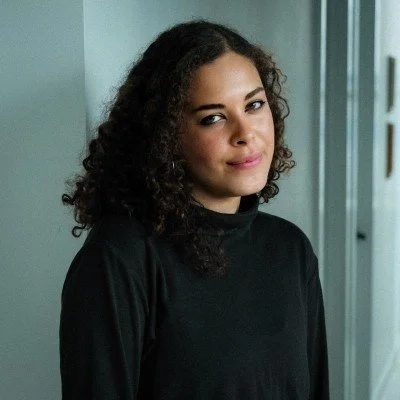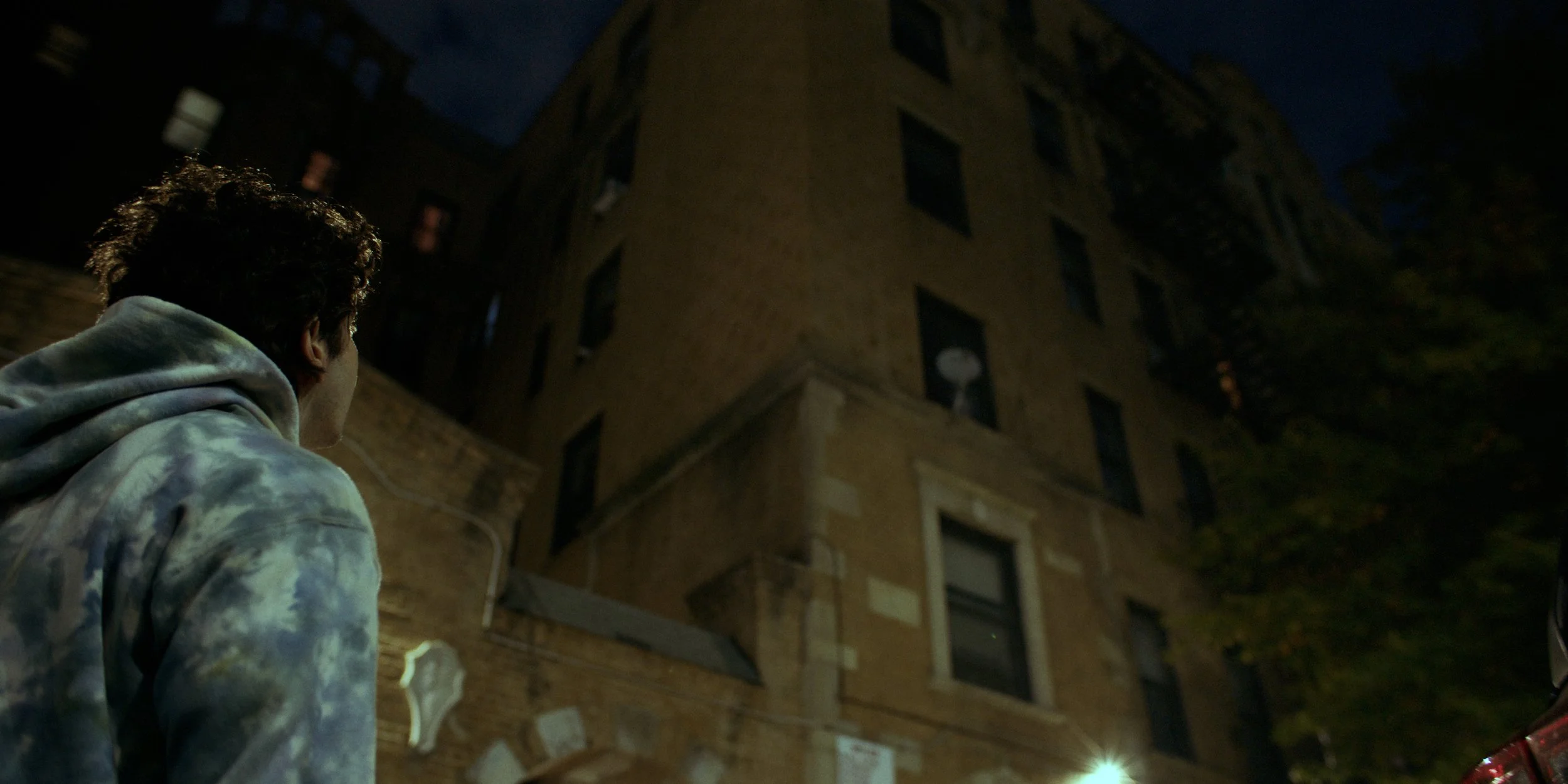Q&A with Filmmaker Camille Casmier
Camille Casmier
Camille Casmier is a Brooklyn based producer, writer and director, though she hails from the great midwestern metropolis of Saint Louis. A graduate of Northwestern University’s directing program, she co-directed the webseries VIRAL, an official selection of the Tribeca Film Festival, Stareable Fest, and SeriesFest. She also produced Silencio Theatre Project’s GUNDOG and Ars Nova’s ANT Fest production of THE GALAS.
Currently, she works at Tribeca Studios, supporting funding for underrepresented and emerging filmmakers through initiatives such as AT&T Presents: Untold Stories and Through Her Lens: The Tribeca CHANEL Women’s Filmmaker Program.
This Q&A is part of the Bushwick Film Fest Filmmaker Q&A series
Intruder (2025)
What inspired you to create this film, and how did the initial idea come to you?
The goal of INTRUDER is to push our audience to consider the ways in which they feel entitled to the urban spaces they inhabit. Are Black people allowed to feel the same sense of privacy and safety in their homes that white people do? When we brought the script of INTRUDER to our lead actress, Yvette Dingwall, who has lived in her Harlem apartment for decades, she recognized the story immediately on a personal level. She recalled several Black women and elders in her building who would keep a watchful eye on the comings and goings of the apartment and would even make a point to check in on the new tenants, especially if they didn’t make a point of being friendly to the long-term residents. She recognized our lead character Roberta’s request to use her neighbor’s fire escape immediately — she was vetting him. We want our audiences to question how easily and comfortably they align themselves with a white lead, and who they look to for an implicit moral integrity.
Why does this story need to be told now?
I intended for the audience of this film to be a mixture of people who grew up in New York (Harlem where this inspiration for this story took place, or Crown Heights where we shot it), or transplants who are complicit in the tense dynamic of New York living. I think the film is fun, tonally, but ends on a deeper, reflective note, and I want audiences that have chosen to live in New York but may, like our lead character Sam, not know their neighbors, to reflect on and question that.
What was the biggest inspiration behind this film?
This film was based on the writer Adam Turkel's experience as a white gay man living in Harlem, and often not knowing his neighbors. One of his neighbors asked to use his fire escape, and he wondered if he should have let her do it. I, as a black director, wanted to turn his initial question on his head, and call into question the character's assumptions about privacy -- who deserves to be in what space, who do we assign criminality, etc?
What was a big challenge you faced while making this film?
We shot this film in three days and two apartments. We had a really difficult time finding an apartment with the correct spacing that also had the kind of fire escape we needed, so we decided to use separate locations. Both Sam and Roberta's apartments are shot in the same apartment, dressed differently for each character. The exterior, hallways, and fire escape of the apartment are a different building in Crown Heights that had a ton of character. Matching those two locations was an exciting challenge that paid off really well-- you really can't tell that the doors are a different building from the apartment interiors, or that he's climbing out onto the fire escape of a different building, and the exterior location that we used had a lot of really interesting eerie features and gave us those wonderful shots of the characters in the security cam footage.
Tell us an anecdote about casting or working with your actors.
The actress playing Roberta, Yvette Dingwall, was so wonderful. She was born and raised in Harlem, and she seemed to understand the character of Roberta right off the bat. She spent most of her life in the same building, and she talked about how the older black folks in the building would notice the comings and goings of new tenants. She revealed a whole new layer to the story when she told the writer and I that she thinks the real inspiration for Roberta was asking to use his fire escape to check out what he had going on in his apartment. She said the other elders of the building were probably judging that he didn't talk to anyone in the building and they sent someone to ask to "use his fire escape" in order to get a read on him. Apparently, people in the building she grew up in do that all the time. Having so much insight into the character made her feel all the more real, and she was extremely funny, fun, and willing to climb in and out of a fire escape wayyyy too many times.
What is something that all filmmakers should keep in mind in order to become better cinematic storytellers?
I am a filmmaker, and I work at Tribeca Film Festival on our production grants (like Untold Stories and Through Her Lens). Working with other filmmakers nurtures my own filmmaking ability and keeps me going. During the past year, I also was the art director on my close friend and collaborator Jess Zeidman's feature film. I don't always have the money or the story to make my own film, so I feel incredibly proud of being an avid participant in every part of the filmmaking process. We live in an incredible city for film programming -- every day there are 35 mm prints of the greatest films ever made and hidden gems -- and I make sure to feed my love of cinema constantly by attending those. I go to festivals, I go to screenings, I produce, I facilitate grant distribution to emerging filmmakers (and through that, I read hundreds of scripts every year). I am insatiable when it comes to this medium, and it keeps me from ever feeling a lack in this industry. I feel successful every time I read a good script and can give a friend a good note.
How do you feel about your film being screened in front of a festival audience?
I'm thrilled to be finishing our festival fun at the Bushwick Film Festival. This is a New York story, it's for New York audiences, and Brooklyn is my home.
This Q&A is part of the Bushwick Film Fest Filmmaker Q&A series



